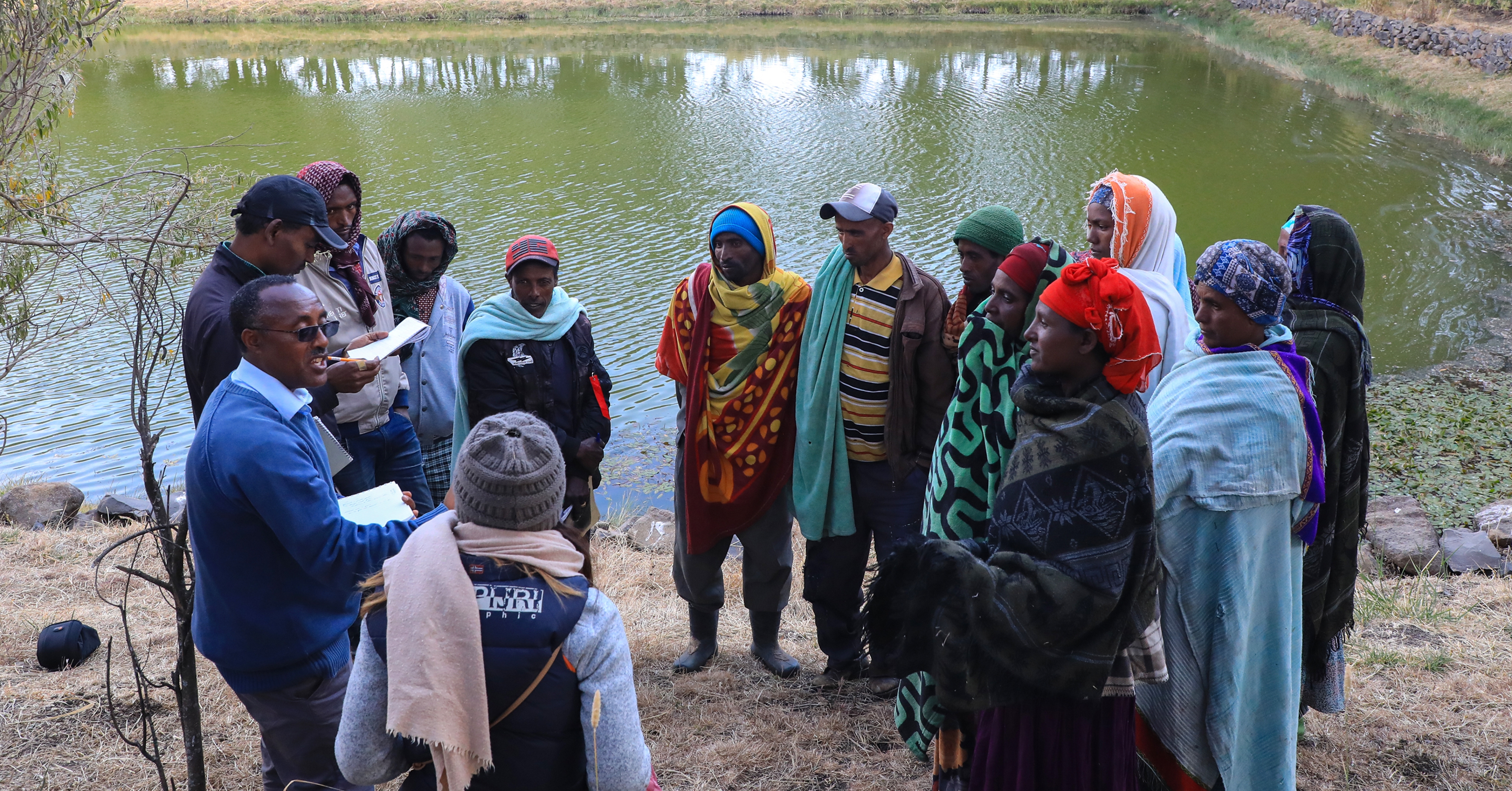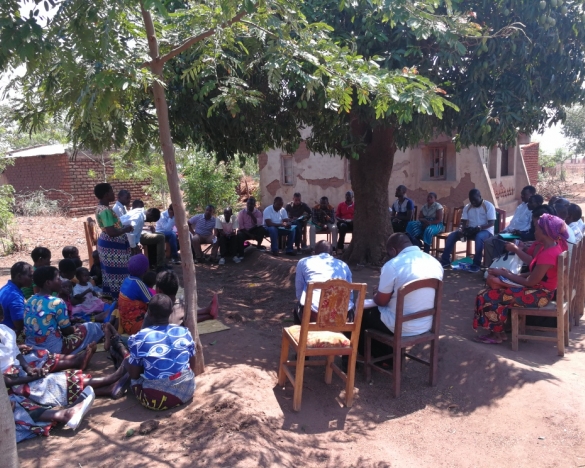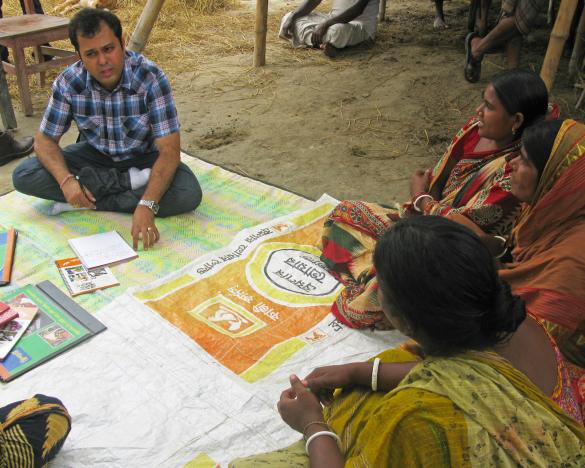Outputs of research on antimicrobial use and antimicrobial resistance transmission dynamics provide the basis to design and test interventions and incentives that lead to behaviour change resulting in reduced antimicrobial use in livestock and aquaculture and reduced public health risks from agriculture-associated antimicrobial resistance.
To test how drivers of antimicrobial use can be mitigated, intervention studies are conducted in hotspot sites. A One Health evaluation framework allows ex-ante and ex-post evaluation of these interventions.
Key activities
-
Develop and evaluate the impact of a range of site-specific interventions in agricultrual and aquaculture systems, including water and food, to reduce antimicrobial resistance risks to human populations, taking a transdisciplinary approach which engages researchers and stakeholders from different sectors.
- Develop a decision-support tool to help researchers and development agents to identify best-bet interventions in specific settings, based on a novel intervention typology framework.
- Develop and test gender-sensitive pest and pathogen controls to better manage livestock and fish diseases and reduce the use of antimicrobials.
- Explore the feasibility of incentive-based systems, especially in intensifying production systems.
- Understand the costs and benefits of interventions to tackle antimicrobial resistance from a One Health perspective, at different levels of analysis (stakeholder, value chain, ecosystem and national).
- Characterize gender-differential impacts of interventions on poor farmers and other vulnerable groups and address other societal objectives such as attaining nutrition security.
- Understand the potential of market demand for responsibly-produced crops and animal-source foods.



